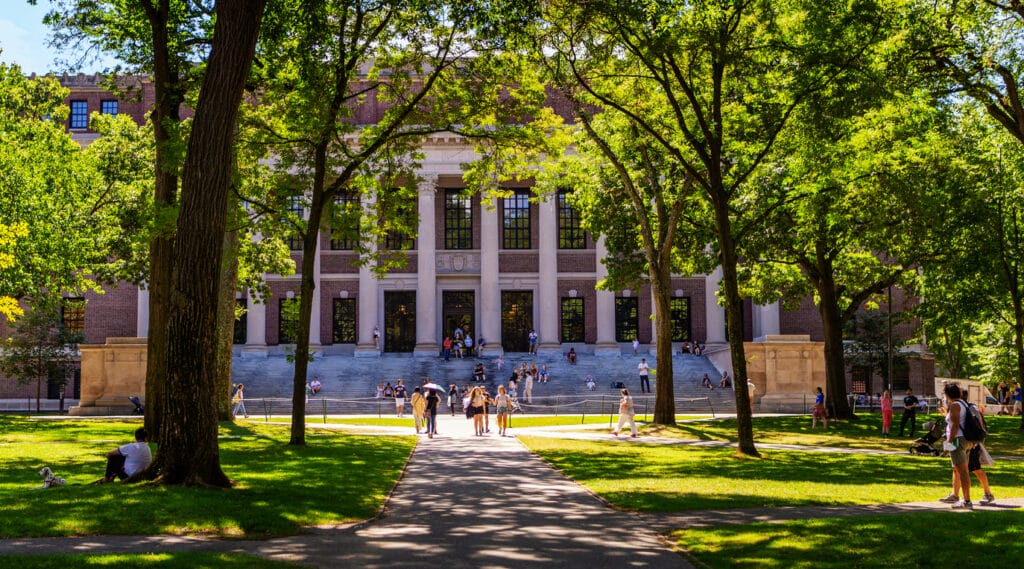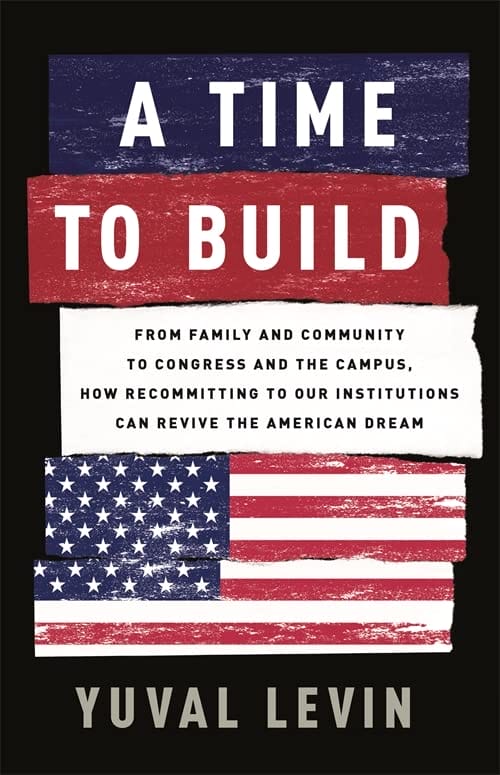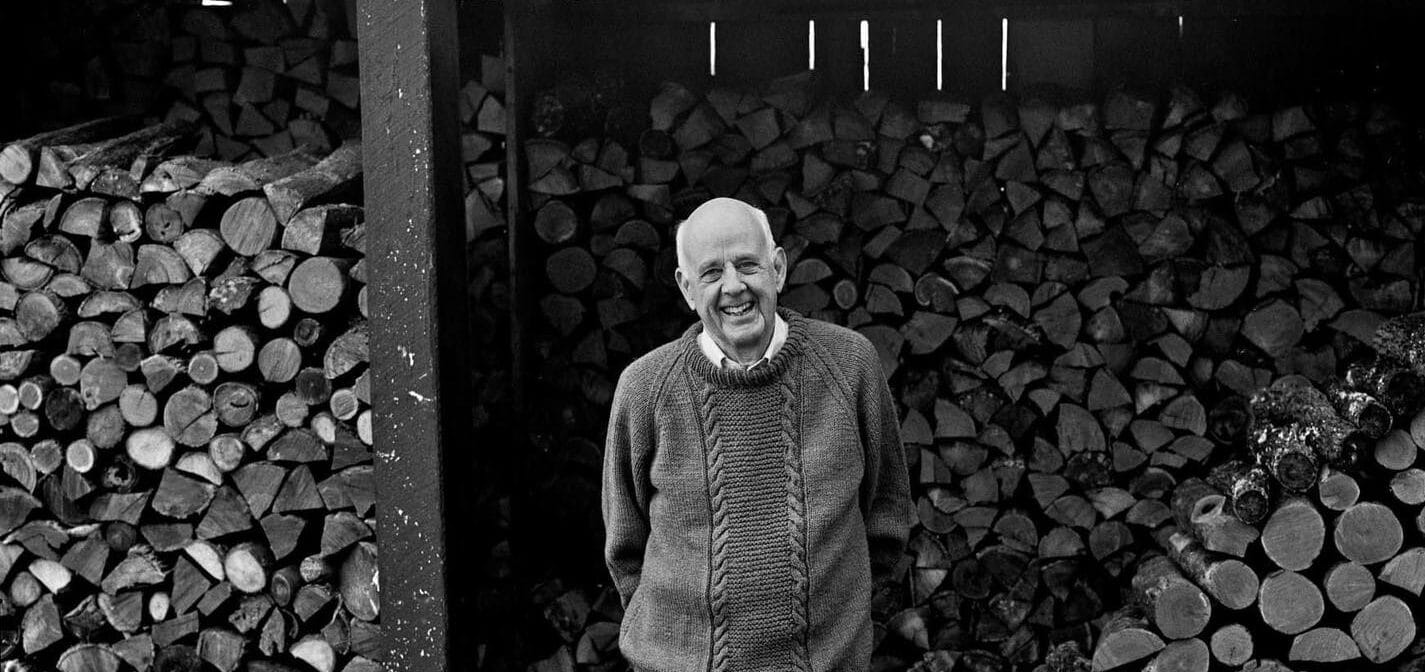In search of the American Dream

Both sides of my family have been in America for three generations. The story of these generations, from my great-grandparents to myself, tells a couple of versions of the “American Dream.” These stories provide both hope and warning to the present generation. The American Dream can still exist, but we must be careful not to offer a shallow caricature of American success stories. A couple of family anecdotes will serve to illustrate these points better than introductory explanations.
My paternal great-grandfather left the Campania region of Italy around the turn of the 20th century and came to Connecticut. Like most who left southern Italy in those days, his family was poor and uneducated. But he could cut and shave hair. When he came to the city where my family would settle for generations (my hometown), barbers worked from their own homes or made house calls. My great-grandfather Giuseppe opened the city’s first-ever barber shop.
Giuseppe (Joseph – the family Americanized quickly and intentionally) had several children, including a son – my grandfather and namesake, Frank (not Francesco or even Francis; in their fervor to Americanize, they used a nickname as a first name because they thought it sounded more American). He spent his life in the same Connecticut town, working humbly but successfully for the power company. He had four children. The third child, my father, worked as a car mechanic before being sworn in as an officer for the city police department. Smart and ambitious, my father went to night school, earned both a bachelor’s and master’s degree, and had an illustrious career where he served as a police academy instructor, oversaw various task forces, led the SWAT team, and eventually rose to be deputy chief of a 300+ officer police department.
My maternal great-grandfather, also around the turn of the 20th century, fled Russia as a child. As war loomed, his mother feared that her 13-year-old son would be conscripted into the army. So he got on a boat (family legend sometimes claims it was a raft) bound for Europe and left his home country alone. He made his way through northern Europe and eventually got passage to America, where he found some family and settled in Philadelphia. He went to rabbinical seminary and worked his way into business as a jeweler. The family made their way from Philly to New York. My mother was born on Long Island. My mother was not the first in her family to go to college: my great-aunt was highly educated, and I believe my great-grandmother attended a women’s college in the early 20th century. My mother had a successful run as a college athlete, earned a degree in social work, and spent years in public service, first as a police officer and then as a social worker.

These little vignettes look like quite the American dream. Immigrants come from poor, uneducated, even oppressive backgrounds, arrive in America, work hard, and successive generations are more economically successful than their parents. Yes, my ancestors on both sides were poor immigrants, three generations ago. Yes, my childhood involved a much higher financial quality of life than any of my ancestors enjoyed: we had a stable income, owned a home in a safe neighborhood, and had access to higher education. But money and college degrees do not equate to human flourishing. There is more to the story if we are to be realistic about what the American Dream is and what it means to achieve it.
I grew up in the suburbs, financially secure in the middle class. My young life was financially much more stable than the generations of immigrants that came before me; in a sense, this was an accomplishment of the “American dream.” But notice the constant qualification of financial success and stability, which is not success and stability in the deepest sense. Financial security in the middle to upper-middle class is not (or at least ought not to be) the “dream,” the mark of success.
My father’s family, both the Italians and the Czechs, were Catholics. My mother’s side was Jewish. The generation that immigrated here were devout and held fast to their respective faiths. They lived traditional family lives: they got married, stayed married, and had children. But with each successive generation, the practice of the faith became less central to life, more modern in form, and less of an influence on individual and family customs and morals. Family sizes got smaller, and family life became less traditional and more reflective of the modern, post-sexual revolution world.
The result? I grew up in a family that was half Catholic, and half Jewish, where my brother and I were exposed to little pieces of the cultural and religious traditions of both Catholics and Jews. But we were not immersed in religion; no faith was passed down. Further, my parents separated when I was about 10 years old, leaving my brother and I (my two half-sisters were already adults) to split time between parents in two different homes.
Meanwhile, as I entered my teenage years, I went to a large high school right on the edge of our city’s downtown. It was chaos: older generations might be shocked to know that even in a school that had a decent reputation, obscene music, alcohol, drugs, and violence flowed freely. Public high school in the early 2000s looked a lot closer to a movie caricature than people might realize.
As my family was split (with the typical ancillary problems like addiction and mental health issues that tend to accompany broken homes) there was less ability for the family to unite and guide/force me to make good decisions regarding friends or extracullicular activities. I was relatively “free” to spend my time as I wanted. So as I descended into more and more trouble, I eschewed homework, school clubs and teams, and the more wholesome friends I had made in my younger years. Much time was spent on downtown street corners, in malls and skateparks, and at music venues down back alleys in questionable parts of town. Not only was family life weakened and therefore unable to be a source of stability during these formative years, but the local institutions (schools, neighborhoods) were also weakened and decayed to the point where they were not positive forces for social good.
Yes, we were economically stable. Even after the divorce, we always had food, shelter, and new clothes, as well as luxuries like vacations. Both parents lived in good suburban neighborhoods. I traveled to Europe half a dozen times before the age of 18. However the American Dream my family achieved did not produce dreamlike results as I developed from a child to an adult.
Today, I can say that I live the American Dream. But there were many intervening factors not passed down from my family that led to that result. Around the age of 18-20, I had a dramatic religious conversion that led me to put my relationship with God and the Catholic faith at the very center of my life. I found a good, supportive church community; I was able to learn from so many good priests, religious monks/friars/nuns, and laypeople. I began to grow within a community of faith.
After several years of considering priesthood and religious life – living nearly five years in a seminary and then a contemplative monastery – I met my now-wife after Mass at my parish. She was teaching at a wonderful classical school attached to the parish. Both that parish church (where we got married) and the school provided a solid community in which we began our married life.
My life was rebuilt. A healthy relationship that became a thriving marriage open to children. A church community that interacted outside of Mass, hosting a weekly coffee hour after Mass as well as regular extracurricular events. A circle of good friends. These communities are the necessary foundation for the good life that the purely economic American Dream can never achieve or sustain. A good education and career that lead to economic prosperity and a stable life, if divorced from family, community, and formative institutions, will not leave people better off than the generation before them.
What has happened? Why have so many Americans achieved wealth their ancestors could only dream of, yet are lonely and burdened with mental health issues like anxiety and depression at rates of epidemic proportions? A comment in the loneliness study cited above opines that “in-person connections and good co-worker relationships as well as work-life balance” are needed remedies. When our ancestors came to America, it seems they brought with them connections, relationships, and a balanced life that we have lost. How have these connections eroded? And how do we restore them?
Yuval Levin’s thesis in his excellent 2020 book “A Time To Build” is centered on the rise and fall of institutions. By institutions, Levin means simply “the durable forms of our common life.” The institution involves every traditional association greater than the individual. Institutions include organizations such as hospitals, schools, legislatures, militaries, companies, and civic associations. They also include durable forms that are shaped by our shared laws, norms, and rules but lack corporate structure: “[t]he family is an institution; in fact, it is the first and foremost institution of every society.” So when we speak of institutions, we mean everything from marriage and family to the university and the legislature.
Before addressing why institutions have failed and how they can be rebuilt, it is worth asking why they matter so much. This is especially true in America: this nation was founded with a preference for rugged individualism and an accompanying deep-rooted suspicion of hierarchical institutions. Early American history is replete with skepticism of government power, fear of monarchy, distrust of hierarchical churches, etc. This preference for individual freedom over communal institutions seems to remain a part of the American psyche today.
But humans are not atomized individuals with no need for institutional communities, institutions, and traditions. Institutions are not merely conglomerations of persons but, Levin argues, formative structures. We ought to be formed intellectually, morally, and spiritually by the wisdom and tradition passed down through our institutional heritage. When institutions break down, individuals are lost at sea, trying to figure out how to be good spouses, parents, leaders, teachers, and citizens on their own.
The question of why institutions seem to have broken down so severely in recent years and what we can do to rebuild them is largely beyond the scope of this essay. But before returning to my personal conclusions, one point from Levin’s book is worth dwelling on: “When we don’t think of our institutions as formative but as performative . . . they become harder to trust. They aren’t really asking for our confidence, just for our attention.” If our institutions are molded with certain principles, roles, and guidelines to form the individuals within them, they are valuable contributions to society. But if we see them not as molds to form people, but as platforms on which individuals can perform, it is no wonder people lose trust in institutions. Platforms for individual egos are not worthy of much trust and respect.
This movement from formative to performative is a key insight into understanding at least one aspect of the contemporary decline in civic culture. Take, for example, an institution like the university. A century ago, colleges and universities were generally seen as places dedicated to learning, to advancing the search for virtue, truth, and overall excellence. Teachers were those dedicated to accomplishing the principles of the institution, and so their work as teachers involved being formed into persons who could transmit that search for virtue, truth, and excellence to their students. Perform the same analysis of respected think tanks, journals of intellectual thought, primary and secondary schools, etc., and the result is similar: these places were dedicated to a certain mission, and those who chose to join them were meant to be formed by their roles within the institution.

If the role of institutions shifts from a formative one (where the institution transforms the individual member into an esteemed, principled member of that institution) to a performative one (where the individual comes to the institution and joins it primarily because it gives the individual a larger platform from which to preach his particular ideas), there is no reason to respect or be formed by institutions at all. In such a world, we are left with an array of individuals, each with a larger or smaller platform from which to proclaim their individual ideas.
Personally, I think it was the collapse of some key institutions in the generation or two before me that led to my issues, and my lack of achievement of the American Dream as a young person.
The institution of marriage had collapsed. The two generations before me had been littered with divorces and other related dysfunctions. The concept of marriage as a permanent bond instituted by God to form a couple in love was replaced by marriage as a way for a couple to express love. The latter notion lacks the stability of the former, and is no longer an institution forming a couple – and a family – in love and self-sacrifice.
Many religious institutes (churches and synagogues) in the last century have gone from strong communities of believers where permanent truth and tradition are passed down to places where people seek an emotional experience (through music, readings, preaching, etc.), the opportunity to perform charitable acts, or just a place to fulfill some cultural obligation whose central meaning has been lost.
The schools I attended had been hollowed out: they were not places of learning in any serious sense. I did not experience an institution disposed to pass on truth and knowledge to students in an environment of order and learning. Rather, the schools were massive buildings, filled with overwhelmed teachers trying desperately to equip unruly students with the tools to pass a series of standardized tests and get into college. I wish this was an exaggeration. I may have learned some facts and how to score well on tests, but I received no real love of knowledge, wisdom, or virtue.
The schools I attended had been hollowed out: they were not places of learning in any serious sense.
Notice the trend: marriage, church, and school all moved from places with an institutional identity and the ability to form those within them to places where individuals congregate and perform their various individual identities. As a result, I wandered through my youth largely getting the message that I should be whoever I wanted to be, whatever made me happy. What should that identity be? I lived in a world where family life was unstable, religion was a strange tradition without any apparent deeper meaning or message, and school was a place of noise, violence, and disorder. Where could I have found an identity, a place to be formed, a life and family and community in which I could truly belong?
I am blessed and grateful that I have come out as a young adult living a life I would consider qualifies as a true American Dream. Yes, I possess more formal education and credentials than any of my predecessors. I own a house in a beautiful, safe neighborhood.
But the dream is much more than that. I am a devout Catholic: my relationship with God, my prayer life, and my religious formation are essential to all my relationships, professional endeavors, and every aspect of my life. I have an amazing wife and four beautiful young children. Our home is filled with prayer, singing and dancing, books and stories, joy and activity, and love (but no television).
Our church has a beautiful, holy liturgy and is filled with devout believers, including dozens and dozens of large, vibrant families. We don’t simply go there to worship for an hour a week; we stay (often for hours) after Mass for coffee and food, for conversation, and usually for cigars when the weather allows.
I work for the Napa Legal Institute, a beautiful nonprofit organization dedicated to educating faith-based nonprofits and forming young lawyers of faith. I write for amazing publications. These institutions are not stages on which I can perform as an individual: my employer and the publications for which I am blessed to write form me. I am formed by relationships with the good people who run these organizations, as well as by the mission, the principles, and the priorities of the organizations themselves.
If I am blessed to live the American Dream, it is much more than an economic success story. It is a story of being saved from the meaningless, wandering existence of an individual with no common bonds tying him to anyone or anything. It is a story of being brought by God into the institutions of marriage and family, of the Church, of various intellectual institutions that have brought me from an individual looking for an identity to somebody who is solidly, stably, happily, blessedly a part of something. We need institutions, from family to religion to intellectual organizations. We cannot live the American Dream if we are simply individuals floating through an economic success story. We need to be a part of something. Ideally, we need identities that are formed in part by many things: by the marriages we make and keep, the children we raise, the extended families and parish communities in which we live, the institutions we join, and the societal roles we play. We need these things not so we can have a platform to speak our truth, but so we can be more fully formed, social, healthy human beings. This is the American Dream that so desperately needs to be cultivated if we are to foster and preserve a great and successful society.
Frank Devito is an attorney at Napa Legal Institute, a religious freedom organization focused on nonprofit law, public policy, and legal talent development. His work has previously been published in several publications, including The American Conservative, The Federalist, and First Things Online. He lives in eastern Pennsylvania with his wife and children. The views expressed in this article are those of the author and not necessarily his employer.




